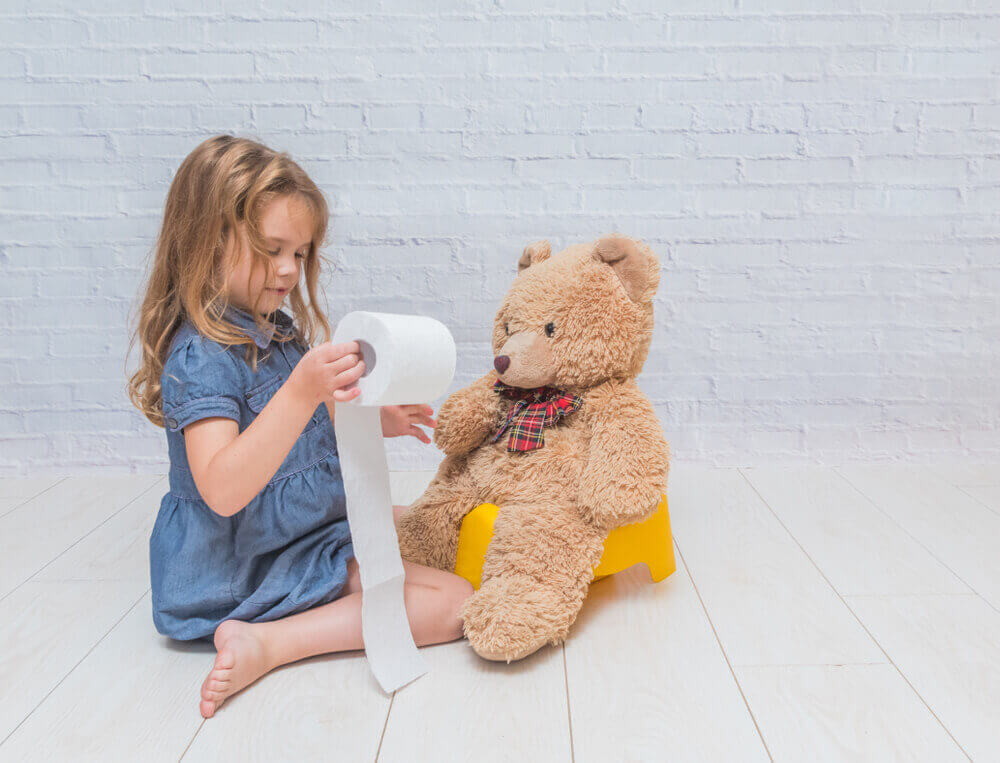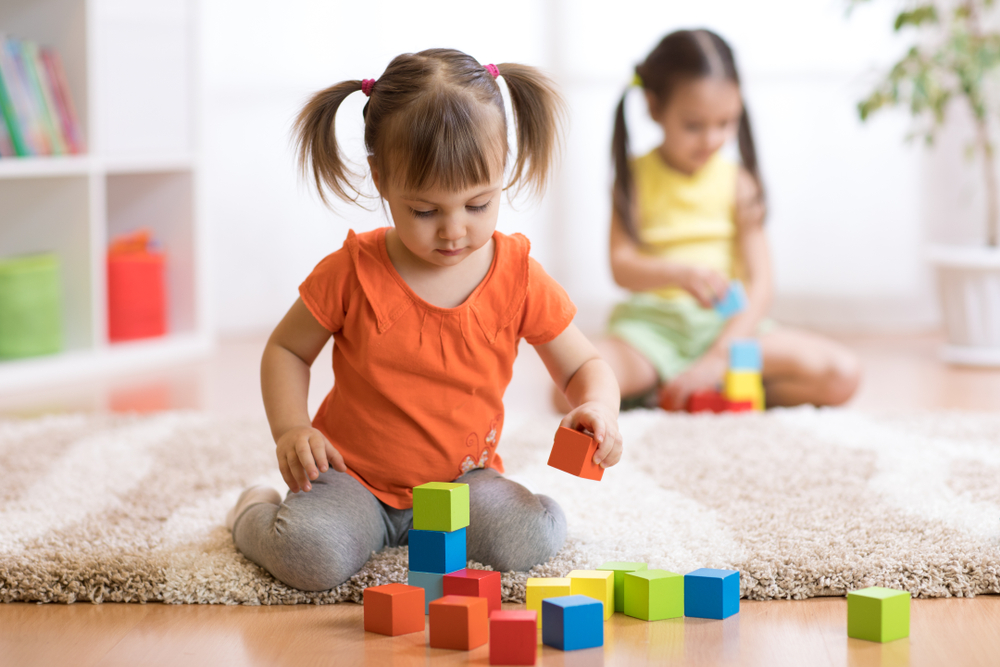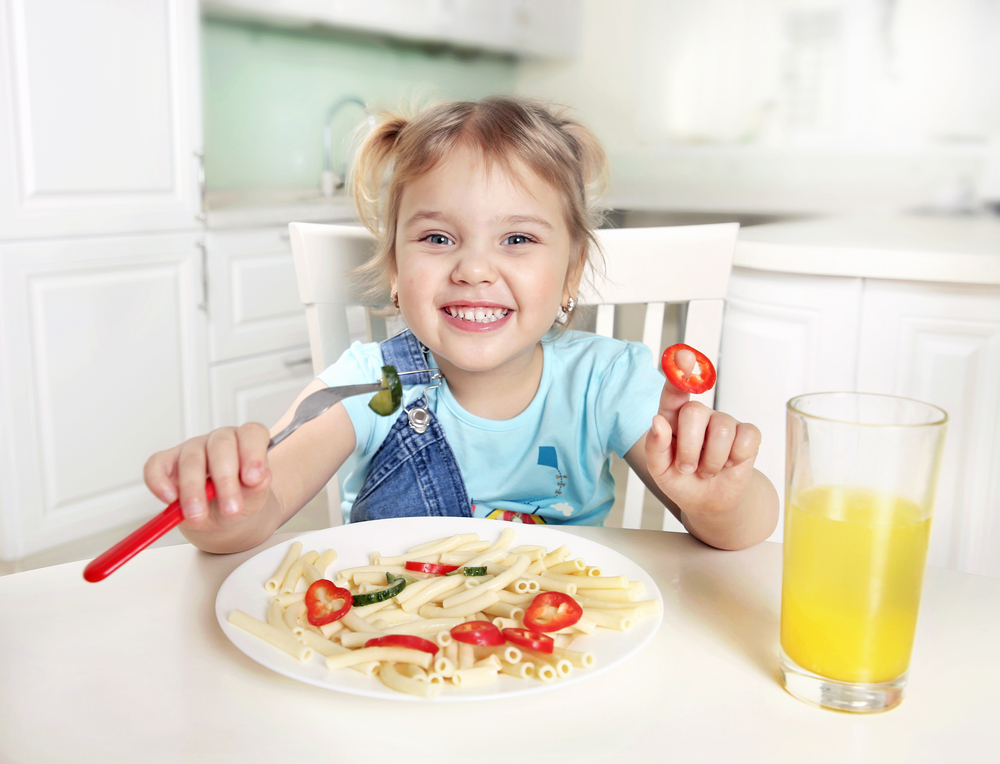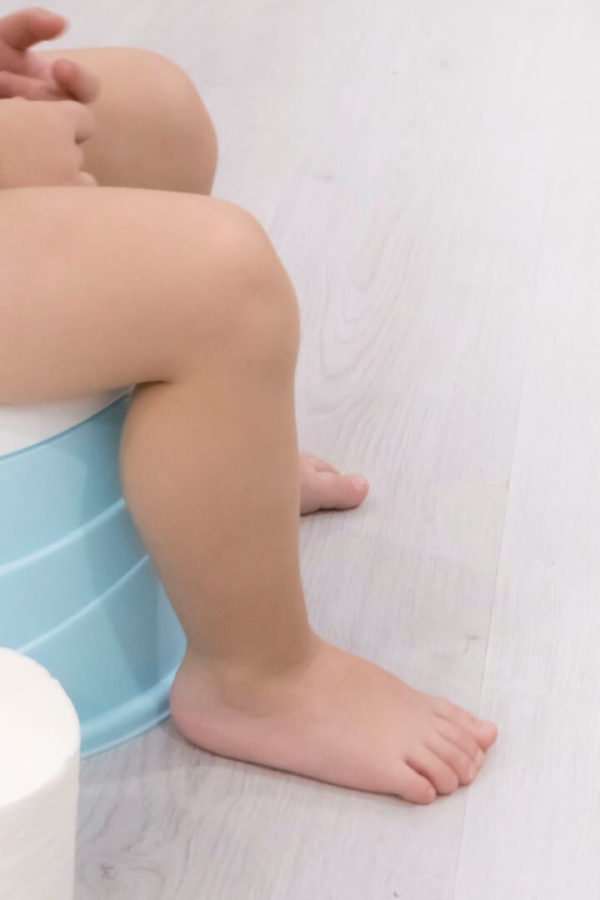Obstipation or constipation in children is a problem which parents and doctors often encounter. According to the recommendations of the European and American gastroenterological association, we talk about constipation in a child if his or her problems with irregular bowel movement, hard stool, and painful defecation last for more than two weeks. It is important not to postpone the treatment because it makes the recovery more difficult.
Why does constipation occur in children?
According to some estimations, 4 to 36 percent of children around the world suffer from constipation. This problem generally occurs between the age of two and four, but it is also common in elementary and middle school students.
Normal frequency of bowel movements depends on the age of the child. Children between the age of two and four defecate once or twice per day on average. After the age of four, it generally occurs once a day, even though it is normal to happen every other day.

The most common causes of constipation in childhood
The causes of constipation in children are numerous, just like in adults. They can be functional or organic. While the latter ones are a consequence of different disorders, allergies or diseases, functional or primary constipation is a condition whose cause is not clearly defined, i.e. the culprit for it is not a disease. In functional constipation excretion is accompanied by straining, and the stool is hard and lumpy. Very often going to the bathroom ends with a feeling of incomplete evacuation.
Problems with constipation in our little ones are often related to different changes, including potty training, starting kindergarten or school, etc. Many children also avoid going to the bathroom outside their home or they “forget” about defecation, i.e. they suppress it. Also, children’s digestion often becomes slower when there are changes in eating habits, especially due to irregular meals or a reduced intake of foods rich in fiber, such as fruit and vegetables.
Causes of functional constipation in children:
- poor diet (excessive consumption of fast food, an unvaried diet, and inadequate fibre intake);
- excessive consumption of milk;
- changes in habits;
- picky eating;
- difficulties in potty training (pressure from family and peers);
- psychological stress;
- aversion to the toilet (common among pre-school and school age children due to over-stimulation or painful bowel movements);
- inactive lifestyle;
- inadequate water intake;
- painful bowel movements.
Causes of organic constipation in children
Organic causes of constipation include specific conditions such as hypothyroidism, cystic fibrosis, coeliac disease, and several other disorders. It can also be caused by an allergy to cow’s milk, or taking medications such as antidepressants, antacids with calcium or aluminium, and more.
Causes of constipation can also be genetic. According to some research, as much as 30 to 50 percent of children suffering from constipation have somebody else in the family with the same problem.

Parents, pay attention!
Children mostly suffer from functional constipation which is not dangerous and can be eliminated in a natural way. However, the problem is not harmless, so parents should pay attention to the following signs:
- blood in the stool,
- bloating,
- not being able to gain weight,
- vomiting and
- high temperature.
In those cases, it is necessary to see a doctor in order to establish whether this is functional or organic constipation and start with the corresponding treatment as soon as possible.
Functional constipation sometimes lasts for a long time and after a few months it turns into chronic, persistent constipation which is even harder to eliminate. The problems often do not go away by themselves, so it is necessary to deal with constipation actively.
How to accelerate child’s digestion?
It is necessary to start treating functional constipation in childhood as soon as possible for it not to become chronic. If the problem is short-lived, the first step is to adapt the diet, meaning:
- increase the intake of liquids (water is the best, but a child can also have some kinds of tea that accelerate digestion, such as chamomile, milk thistle, nettle…),
- more fruit and vegetables (bananas and carrots are not recommended by some),
- less refined cereals, i.e. products made from refined cereals (white flour products, bread and other bakery wares, pasta…),
- less sweets and salty snacks.
According to the recommendations of the European Society for Pediatric Gastroenterology Hepatology and Nutrition, a child should be provided with an adequate fiber intake (19 g for children younger than 3, 25 g for children from the age of 4 to 8 and around 30 g for older children) and encouraged to do some physical activity.

Training is also important
The experts say that the physiological impulse for defecation is the strongest up to 30 minutes after a substantial meal, so they recommend so called toilet training for younger children. It means that a child is sent to the bathroom at the optimal time from the physiological point of view, meaning sometime between 15 minutes to half an hour after a meal.
It is essential to get the child used to regular defecation without pressure, or even a punishment. Achieving this goal is the easiest if the child is relaxed, so that going to the bathroom becomes something natural, something ordinary.
Therapeutic approach with laxatives
If measures with the diet fail, it is time for osmotic laxatives that attract water from the intestines and thereby soften the stool. One of such laxatives is Donat natural mineral water. However, is it suitable for children, too? No doubt!
Donat prevents constipation even in children!
Donat is entirely natural mineral water which contains an above-average quantity of minerals and a bit of table salt, so it is perfectly suitable for children who have problems with bowel movements. For our little ones it is also important to always drink Donat before eating, especially on an empty stomach.
However, since Donat has a slightly bitter taste, children do not really like it. You can solve this problem by mixing Donat with natural juice or cooled tea. You can also use it to dilute a small quantity of fruit syrup.
If possible, let the child drink 1 dl of Donat brought to room temperature before a meal.
Frequently Asked Questions
1. What are the most common causes of functional constipation in children?
Functional constipation in children mostly occurs due to an improper diet, i.e. inadequate fiber intake, excessive consummation of dairy products, white flour products and sweets, as well as problems coming with changes (starting kindergarten, school…), resistance towards going to the bathroom, i.e. defecation, and lack of exercise.
2. What are the most common causes of organic constipation in children?
Organic constipation in children occurs due to different diseases, such as cystic fibrosis, celiac disease, or other disorders.
3. How to help a child in case of constipation?
If a child is constipated, it is essential to adapt his or her diet, especially to increase the fiber and liquids intake and reduce the quantity of snacks and sweets. Besides that, it is essential to get the child to exercise. If these changes fail, the best is to reach for osmotic laxatives.
4. What does it mean “toilet training “?
It is about encouraging the child to go to the toilet at the physiologically most optimal time, i.e. between 15 and 30 minutes after a substantial meal. The goal is to get the child used to defecation and for it to seem natural, ordinary.
5. Can children drink Donat, too?
Donat is completely harmless for children, and it is useful for their digestion. In case of constipation, the best is to drink it before a meal, brough to room temperature. The recommended quantity of Donat for children is 1 dl.
Choose chapter:






